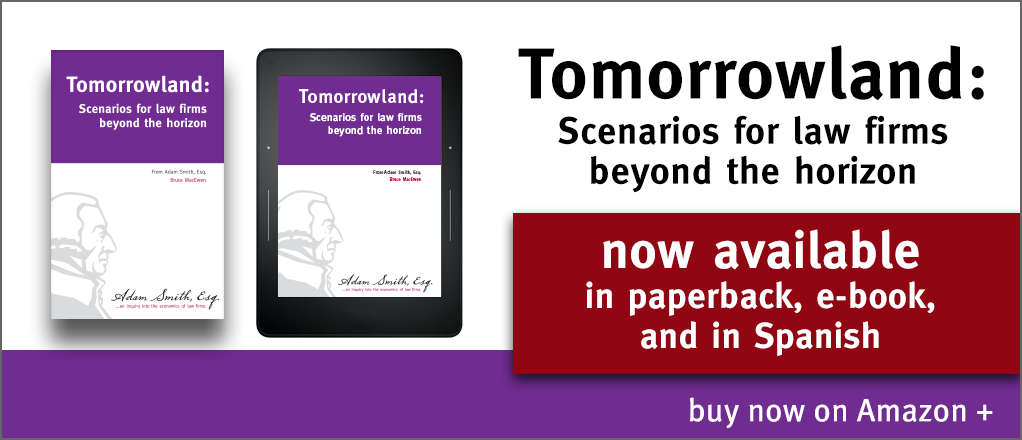Case Study / Law Firm Governance

Elite boutique transitioning from its 1st generation needed to update its Partnership Agreement
Key Issues
The Partnership Agreement, written upon the firm’s founding, was no longer suitable as the firm matured into its second generation. Further, certain elements of firm governance were ill-defined including elections, voting, nominations, and aspects related to terms. There was also a desire to build in more protections for the firm related to partner withdrawals and capital requirements.
Overall, the Partnership Agreement was out-of-date relative to developments and governance trends evidenced at the more successful law firms.
Actions
As governance (and compensation, for that matter) need to support the strategic goals of the firm, we reviewed the firm’s strategic documents. To understand the views and aspirations of the firm, we interviewed the partners and key business folks at the firm.
After reviewing their Partnership Agreement and based on our deep knowledge of law firm governance trends, we recommended practical and pragmatic updates to the agreement; it did not require a complete overhaul. For example, coming out of the 2008-2009 recession, the more successful firms are moving to more centralized decision making. Firms that have transitioned to this approach believe this allows them to be more agile when responding to both opportunities and threats.
We also assisted the firm in “socializing” the recommended updates with the partners, providing context and rationale for the changes. (Some firms ”short-hand” this step, which can lead to partners rebuffing thoughtful, prudent initiatives.)
Results
The firm’s updated Partnership Agreement is now clearly aligned with the firm’s overall strategy. There is clarity on key issues and there’s less friction surrounding decision-making at the firm. All of which leads to a more smoothly functioning firm – allowing the firm to focus where it matters most: On their clients’ needs.

